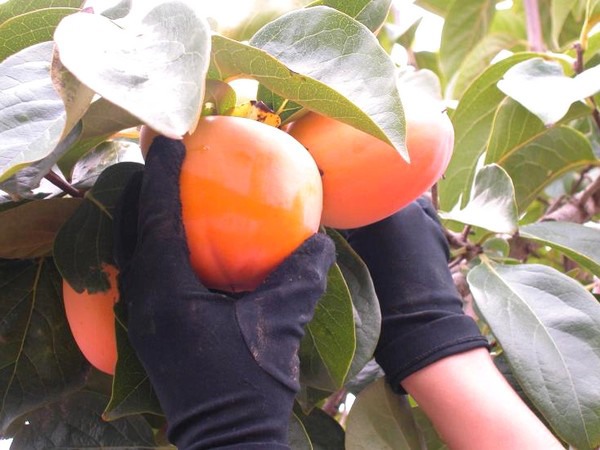"There's a lot of cull fruit this season, in most cases, it exceeds 50%. Therefore our production prospects are that there will be much less production than last season and we will hardly reach 250,000 tons," said Ximo Madramany, LA UNIÓ's kaki cultivation union head.

"Weather adversities include an increase in the incidence and number of pests, which causes producers to assume losses that often exceed 50 or 60% of their real production," he stated. "Climate change is becoming increasingly important in our crop, generating many curdling issues in specific areas. In this sense, LA UNIÓ proposes the study of new varieties that are better adapted to climate change. We also propose that the current insurance line covers all the damages that occur."
Regarding the expectations generated by the first shipments to China during this campaign, he said that "the producing sector has high hopes for the recent trade agreement with China. It's the first year that the agreement is in force, so we'll have to see how we carry out exports. The phytosanitary requirements are high and we don't want to have any issues because some irresponsible person takes advantage of this opening without complying with them or traceability, causing serious damage to the rest of the sector."
LA UNIÓ considers that the opening of any market is essential for the viability of the sector. The Chinese market has great potential and "could absorb a large part of our production. This would decongest the European market, which is our main destination, and help prices adjust."
Madramany believes that the future of the sector and the potential of kaki with the opening of new markets must be addressed from two different perspectives. "On the one hand, producers are facing greater challenges each campaign. We are facing more and more agronomic difficulties and it is increasingly difficult to produce this crop. Profitability has been falling year after year and the slight increase in price is not compensating for the increase in costs and culled fruit. On the positive side, the opening of new international markets -like the Chinese market- will increase demand, and decongest the European market, which under normal conditions should lead to a price increase. We hope that this increase in prices benefits producers and not just the intermediate links of the agri-food chain, as usual," they concluded.
For more information:
LA UNIÓ
launio.org
